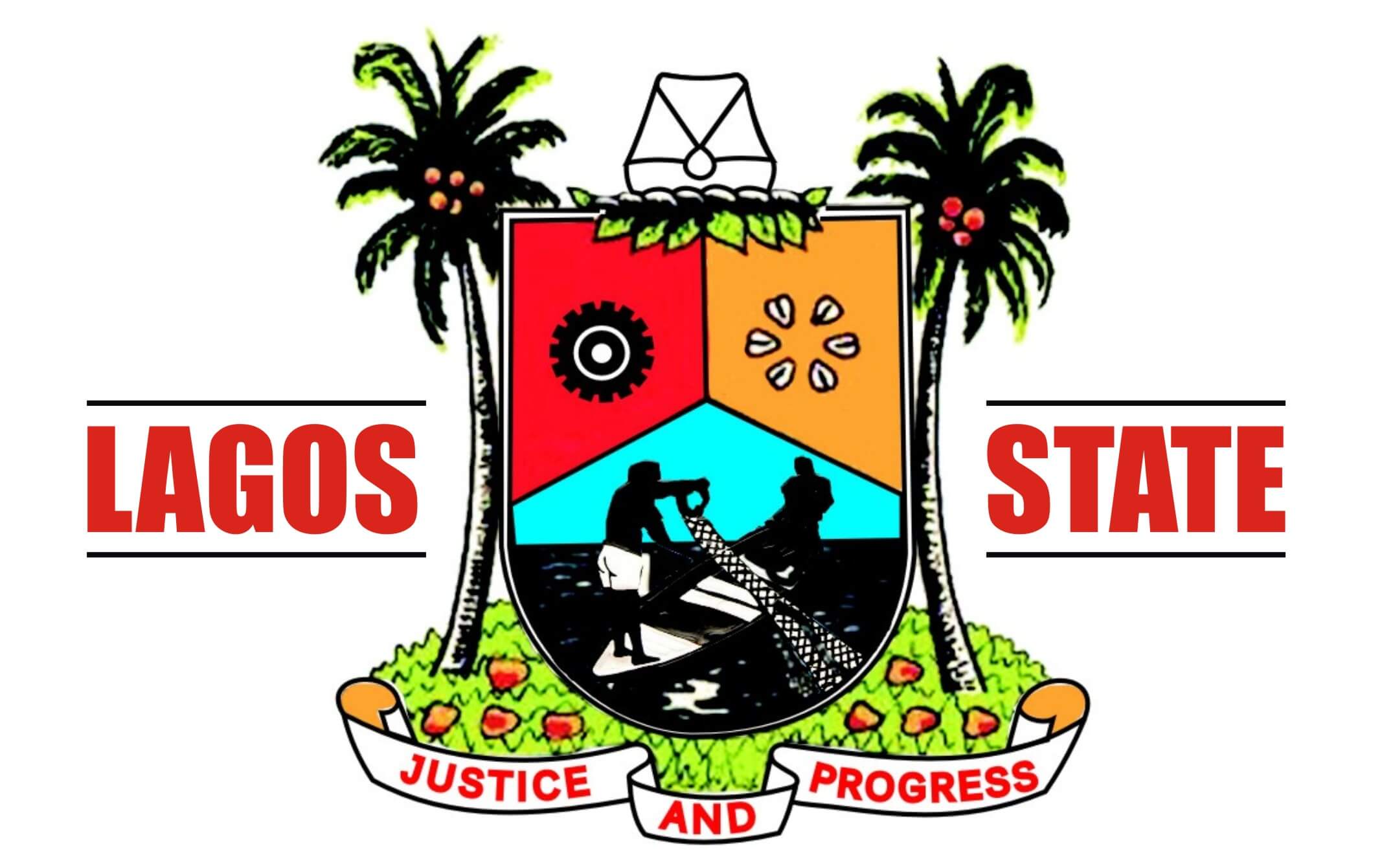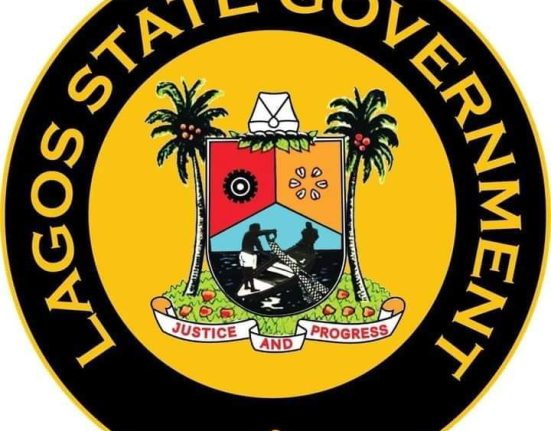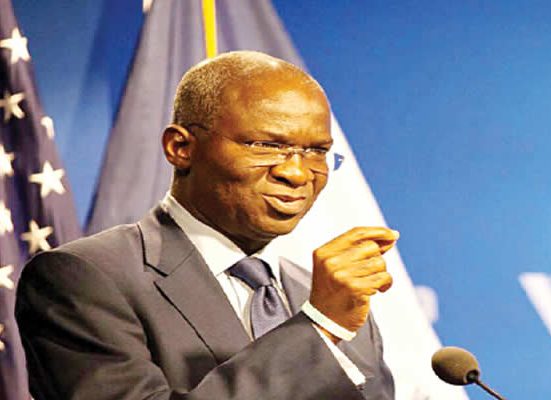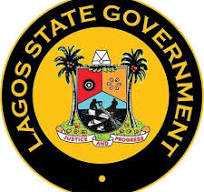The Lagos State Government (LASG) has disclosed that residents of the state collectively spend an estimated N14 trillion every year on fuel to power approximately 4.5 million generators used in homes, markets, and small businesses. These generators consume about 16 billion litres of fuel annually, with an average cost of around N900 per litre, underscoring the heavy financial burden borne by Lagosians due to persistent electricity supply challenges.
This widespread reliance on generators not only strains household and business finances but also significantly contributes to environmental pollution. The generators emit roughly 38 million tonnes of carbon dioxide each year—surpassing the emissions of entire countries such as Togo, Rwanda, and Gabon. Despite producing an estimated 21,000 megawatts of power collectively, these generators operate inefficiently and at great cost.
According to a recent Energy Access Diagnostic Study, 72% of Lagos households own at least one generator, 94% of small businesses depend on them, and 76% of market clusters cannot function without generator power. These statistics highlight the urgent need for sustainable, centralized electricity solutions in the state.
In response, LASG is leveraging the 2023 Electricity Act and the Lagos Electricity Law enacted in 2024 to pursue a diversified energy mix, including solar, gas, hydro, and other clean energy sources. The government is actively seeking investments in gas-fired power plants, grid-scale solar projects, and captive power solutions, aiming to add 6 gigawatts of reliable electricity to the grid within the next three years. Additionally, plans are underway to retrofit 22,000 streetlights with solar technology to reduce diesel consumption and improve energy efficiency.
Officials emphasize that resolving the power crisis is critical not only for economic growth but also for public health, as generator pollution is linked to an estimated 30,000 deaths annually in Lagos. The staggering N14 trillion annual expenditure on generator fuel starkly illustrates the unsustainable cost of Nigeria’s current power challenges and underscores the urgent need for comprehensive energy reforms in Lagos State.







